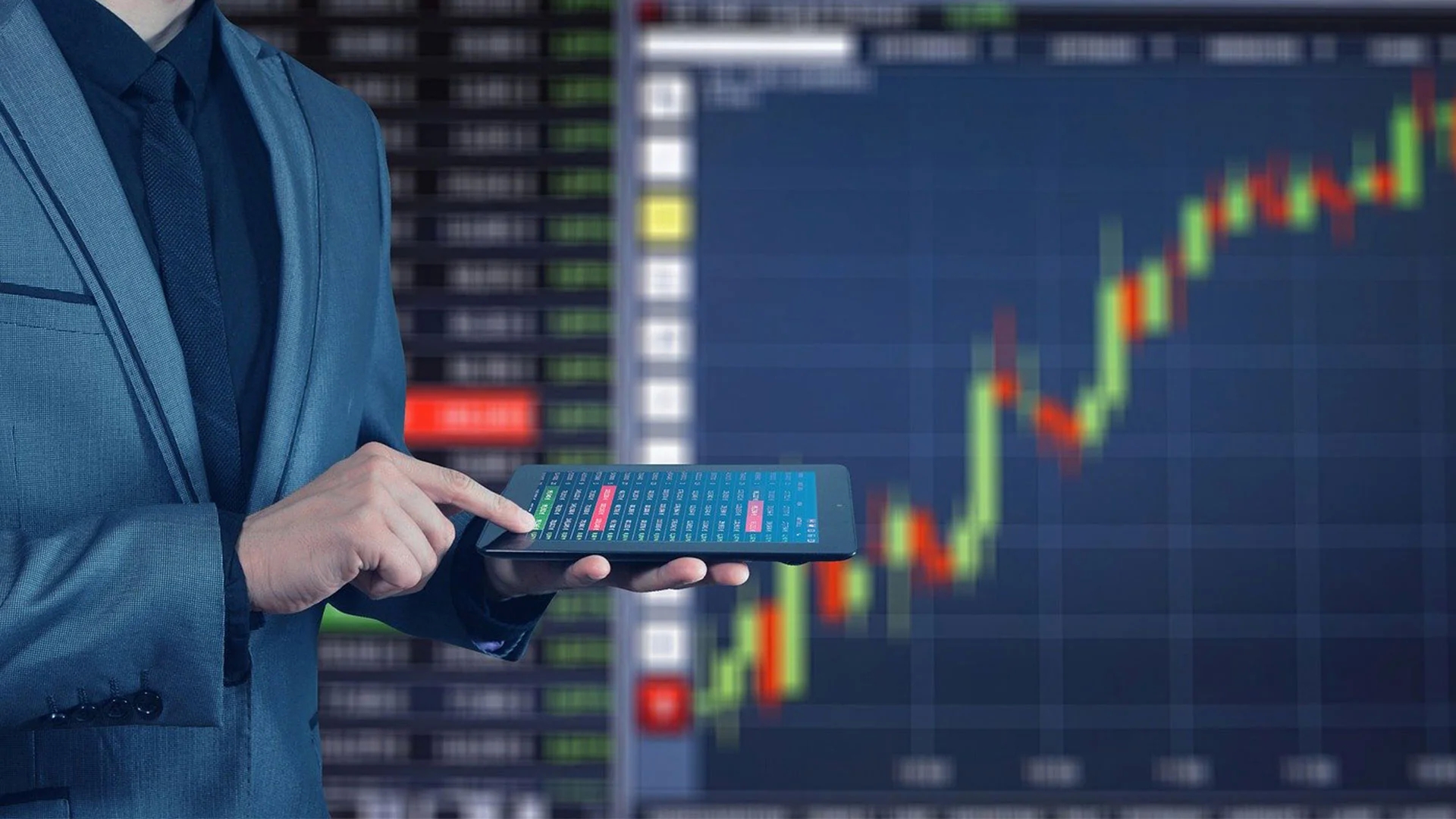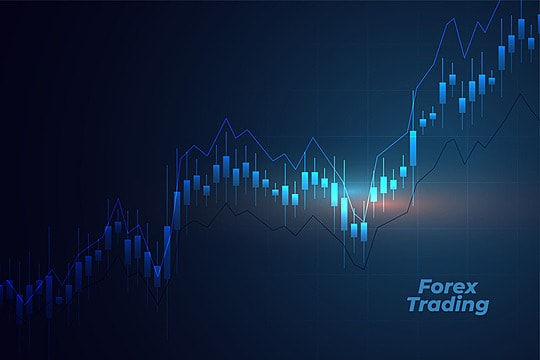
Quantum AI and High-Frequency Trading: A Dynamic Duo
Quantum AI symbolizes a groundbreaking convergence of quantum computer and unnatural knowledge, ready to reinvent buying and selling practices and reshape the fiscal landscaping. This decreasing-benefit technology holds the possibility to open new frontiers in buying and selling creativity, offering unequalled velocity, precision, and adaptability to showcase contributors.
At its primary, Quantum AI leverages the concepts of quantum technicians to execute computations and examine data with unparalleled productivity. By exploiting quantum phenomena such as superposition and entanglement, Quantum AI techniques can discover substantial option spaces and remove valuable information from complex fiscal data.
Among the crucial features of Quantum AI in trading is being able to take on search engine optimization troubles of unparalleled scale and complexity. Traditional buying and selling algorithms often find it hard to improve profile allocations and threat managing methods effectively. Quantum AI, nonetheless, performs exceptionally well in resolving these optimisation problems, empowering traders to maximize results although reducing dangers in vibrant industry environments.
In addition, Quantum AI provides a quantum jump in predictive stats tracking abilities, enabling dealers to forecast market place trends and determine profitable opportunities with increased accuracy and reliability. By analyzing ancient details and real-time marketplace signals, Quantum AI sets of rules can discover secret habits and correlations, delivering dealers with actionable observations to inform their determination-generating functions.
Moreover, Quantum AI facilitates the growth of highly strong and resilient buying and selling systems that may hold up against the inherent uncertainties and volatilities of financial markets. Via advanced simulator tactics and risk management tactics, Quantum AI empowers forex traders to understand industry variances and mitigate possible deficits properly.
However, the extensive adoption of Quantum AI in buying and selling confronts numerous problems and limitations. Quantum equipment remains in their infancy, with limited scalability and trustworthiness in comparison with conventional processing systems. Additionally, the expertise required to produce and deploy Quantum AI techniques is still scarce, posing a tremendous obstacle to entry for several investing firms.
Moreover, problems surrounding data security, safety, and regulatory agreement necessitate careful consideration and oversight inside the deployment of Quantum AI technological innovation in financial markets. Responding to these problems will require collaborative efforts from market stakeholders, policymakers, and scientists to ensure the accountable and moral utilization of Quantum AI in investing.
To summarize, Quantum AI keeps tremendous guarantee for revolutionizing trading methods, providing unrivaled speed, precision, and adaptability to market participants. Whilst significant problems rest forward, the transformative prospective of Quantum AI in forex trading should not be modest, paving the way for any new period of creativity and opportunity in financial markets.



